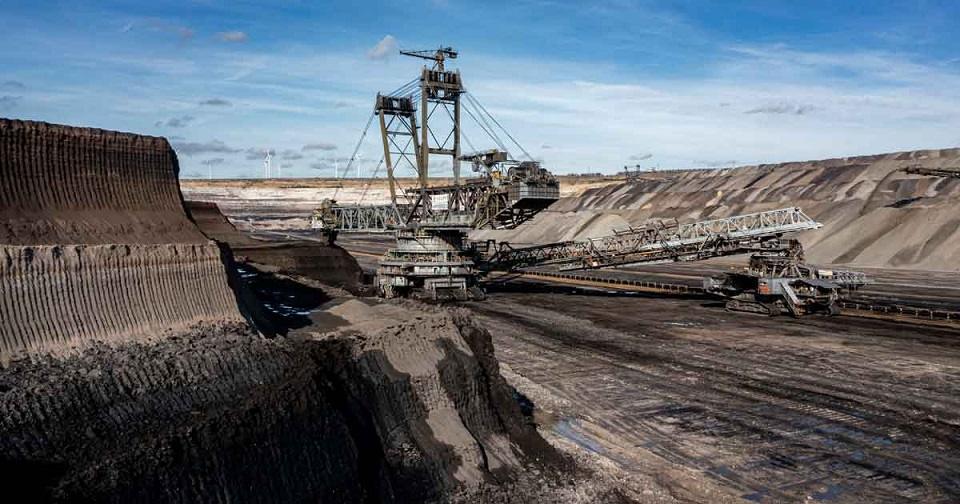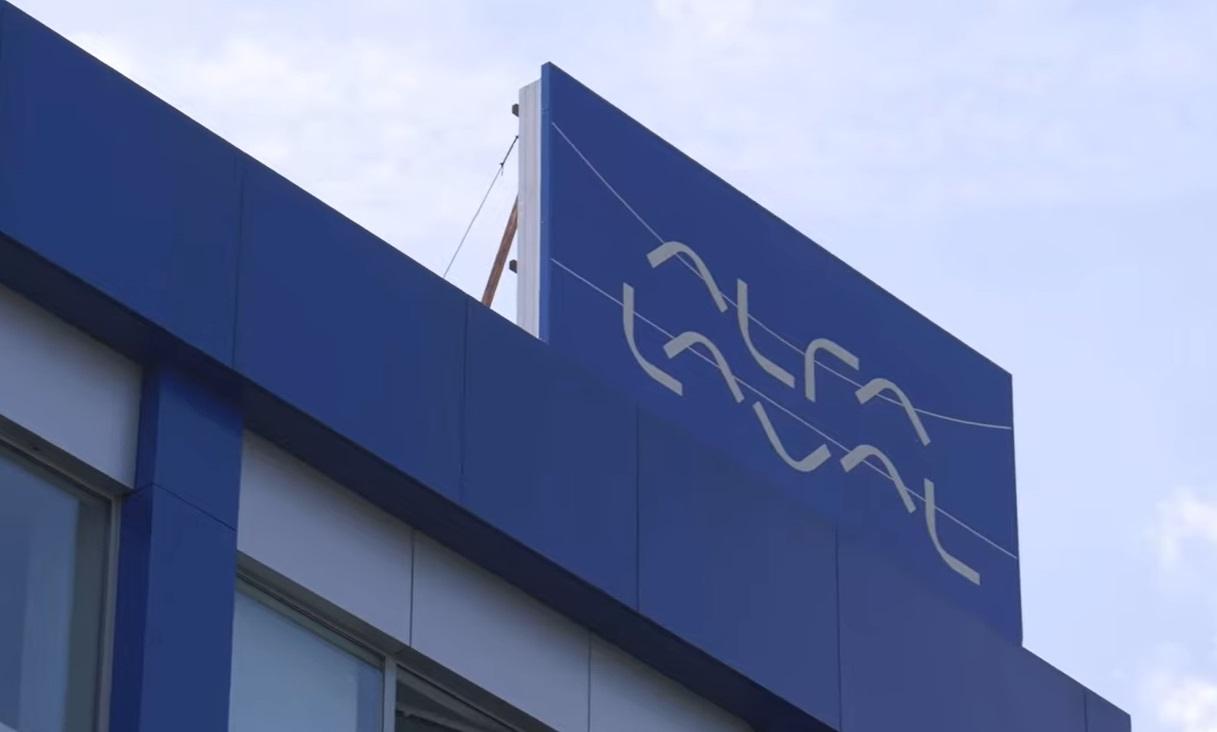Germany’s Largest Power Producer RWE Commits to Exit Coal by 2030
Germany’s biggest power producer, RWE, announced a commitment to significantly accelerate its exit from coal-based power, pulling forward its target to by eight years to 2020.
According to the company, the decision to accelerate the exit will result in approximately 280 million tonnes of coal remaining in the ground, and 280 million tonnes of CO2 that will not be emitted.
RWE said that the decision was part of an agreement between the company, the Federal Ministry of Economics and Climate Protection and the Ministry of Economic Affairs, Industry, Climate Action and Energy of the State of North Rhine-Westphalia.
Last year, Germany’s new government set out a clean energy strategy that included speeding up the country’s exit from coal-based power. Earlier this year, the government passed a series of laws approving a major increase in renewable energy development over the next several years, including a target for renewables to meet 80% of electricity demand in the country by 2030.
Markus Krebber, CEO of RWE AG, said:
“In the current crisis, we are contributing to security of supply in Germany by temporarily increasing the use of our lignite-fired power plants and are thus also helping to displace gas from electricity generation. At the same time, we are investing billions of euros to accelerate the energy transition and are ready to phase out lignite by 2030.”
RWE highlighted the need for significant investment and development in the energy transition in order to ensure that Germany’s energy supply is not at risk as coal is phased out, including “a massive expansion of wind and solar power plants, storage facilities and additional secured capacity in the form of state-of-the-art gas-fired power plants that can be operated with hydrogen in the future.”
RWE said that it will invest more than €50 billion globally to drive these technologies in its green core business by 2030, including €15 billion earmarked for Germany.
The company also acknowledged the impact that its coal exit will have on employees, with staff reductions expected to accelerate towards the end of the decade. RWE said that it intends to implement the staff reductions in “a socially responsible way,” including giving younger employees an overview to opportunities within the company or with other employers, along with extensive qualification and retraining measures.
Krebber added:
“The further acceleration of the coal phase-out must not be at the expense of employees. That is why we want the phase-out to happen in a socially responsible way, as before. It was important to RWE that the German government also assured us that it would adapt the legal regulations so that no one is left out in the cold.”





